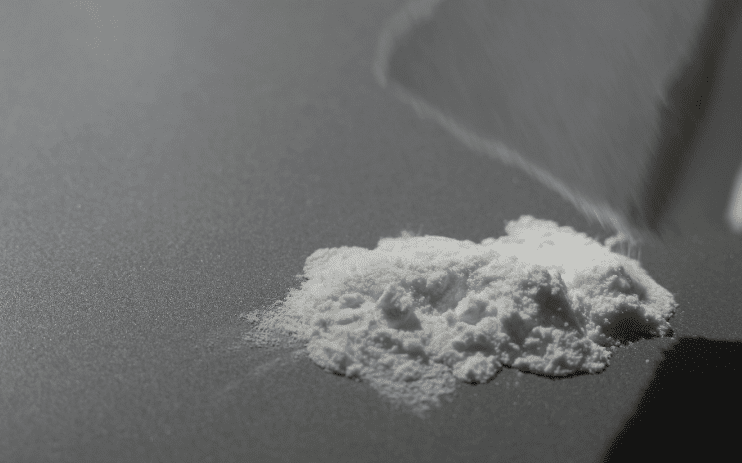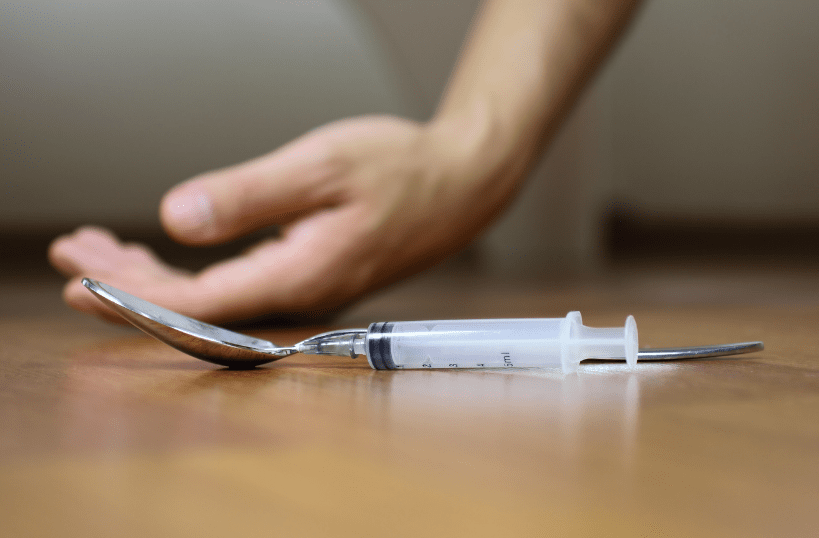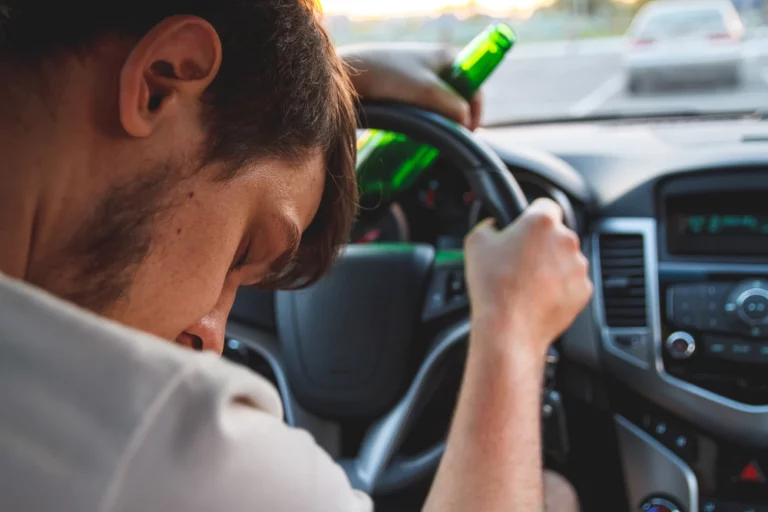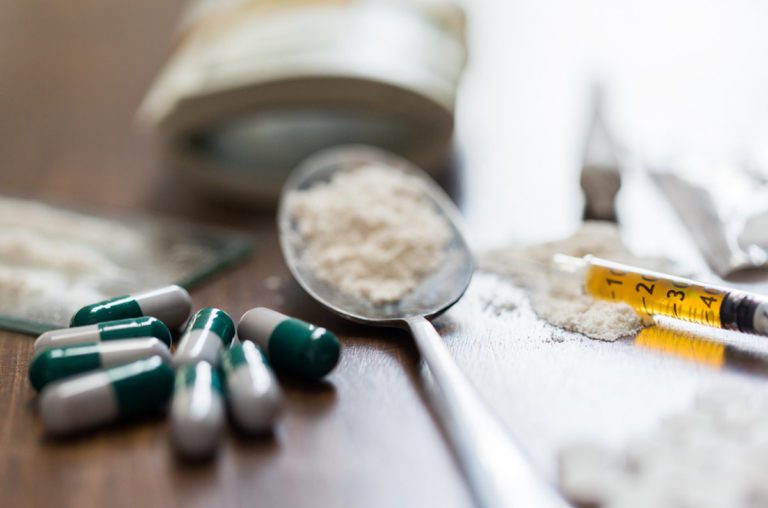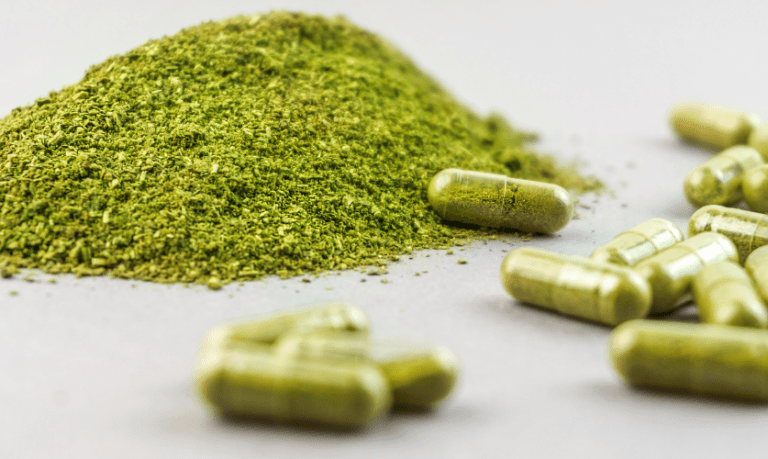Which Drug has the Highest Overdose Death Rate?
Nearly 100,000 drug overdoses occurred between March 2020 and March 2021, which amount to an increase of almost 30%. Opioids accounted for the highest number of overdose deaths. Deaths from the general category of opioids are closely followed by the number of overdose deaths that resulted from synthetic opiates like fentanyl.
Keeping this in mind, overdose deaths involving a combination of drugs remain high. Stimulants like cocaine and methamphetamine (aka. “meth”) are also frequent culprits when it comes to overdoses. Benzodiazepines (aka. “benzos”) are another category of drugs that result in a high number of overdoses when combined with opiates or other illicit substances. Alcohol, because it’s legal, can be easily overlooked. Alcohol can be a contributing factor in overdoses.
One category that is often overlooked is the number of overdoses that result from mixing narcotics like opiates with prescription medications like antidepressants. Over the past decade, the rate of overdoses involving antidepressants has steadily increased. It’s important to remember that prescription medications can be a dangerous factor when combined with powerful street drugs or other prescription drugs with the potential for abuse.
If you or someone you care about is struggling with an addiction to opioids or other addictive substances, we encourage you to reach out to Oasis Recovery to learn more about our programs and services for drug abuse treatment. Contact us today to speak with a specialist about how we tailor treatment plans to meet each client’s individual needs.
Why Opioids Result in The Most Overdose Deaths
Modern synthetic opiates, like fentanyl, are at least 50 times more potent than heroin. This means that drugs like fentanyl are more addictive and more dangerous. The prescription medication Opana (oxymorphone) is a strong opiate with a high potential for abuse. Oxycodone, morphine, hydrocodone, codeine, and other common opioids have the potential for substance abuse but are not as powerful in low doses as synthetic opiates like fentanyl.
Fentanyl comes in a large variety of forms including:
- Powder
- Pills
- Liquid drops on blotter paper
- Patch
- Lozenges
- Nasal spray
Because fentanyl and synthetic derivatives are widely available in many forms it is easily mixed into other formulations. Since fentanyl is so potent, mixing or “cutting” other drugs with fentanyl has become extremely common. The inclusion of strong synthetic opiates in varying amounts means that those who abuse these substances often do not know what is in them. The wide variation of what is mixed into street drugs and in what amount has made the potential for overdose significantly higher.
Other substances often mixed with opiates include cocaine, meth, and synthetic forms of ecstasy (MDMA).
Fentanyl has a number of common effects on the body and the brain. These can include:
- Temporarily extreme euphoria
- Heavy sedation
- Very slow breathing
- Slow heart rate
- Tight muscles
- Physical weakness
- Constipation
- Sweating
- Itching
- Flushing
- Nausea
Withdrawal symptoms associated with fentanyl and other opioids and opiates can include:
- Anxiety
- Depression
- Restlessness
- Irritability
- Mood instability
- Runny nose
- Tearing or watery eyes
- Trouble falling or staying asleep
- Muscle, joint, back pain
- Physical weakness
- Loss of appetite
- Stomach cramps
- Nausea
- Vomiting
- Diarrhea
Contact Oasis Recovery Today about Recovery
At Oasis Recovery, we know it’s difficult to make that first step to undergo treatment for drug addiction. From your first phone call with us, we assure you that we will do everything in our power to help you get your life back on the right path. In our drug abuse treatment programs, we help clients mend damaged relationships with loved ones and receive proper mental health diagnoses to promote overall well-being. Reach out to us today to speak with a specialist about the benefits of our personalized treatment programs and services.




